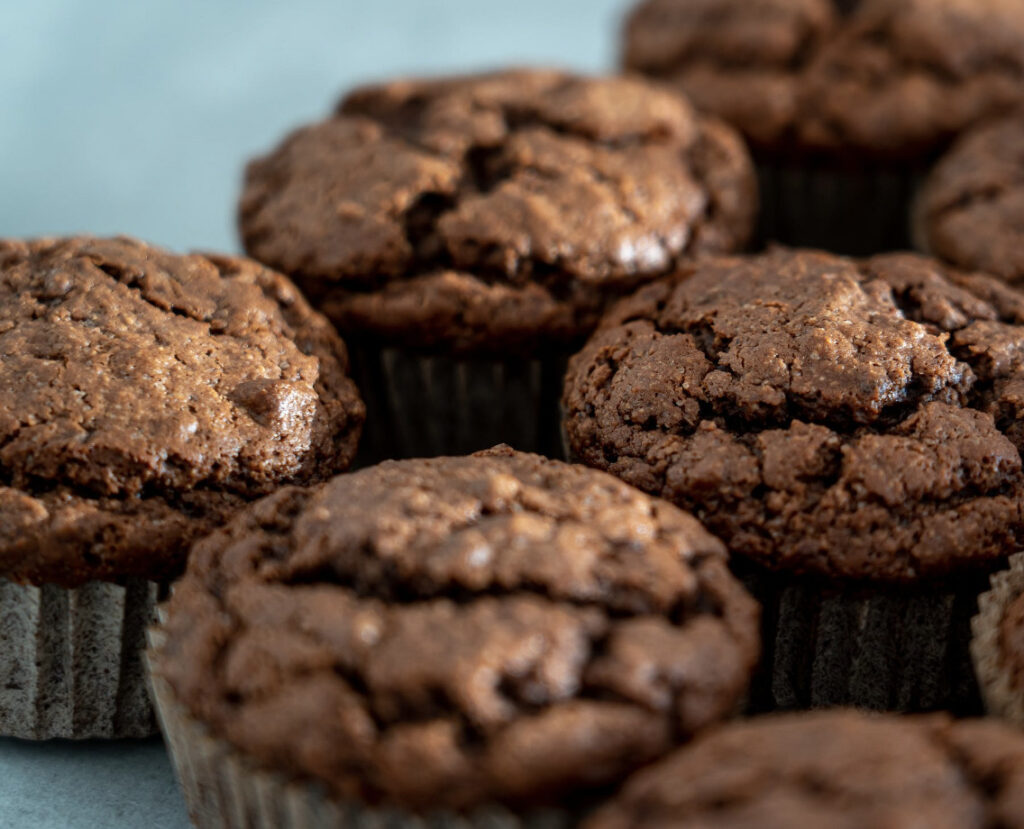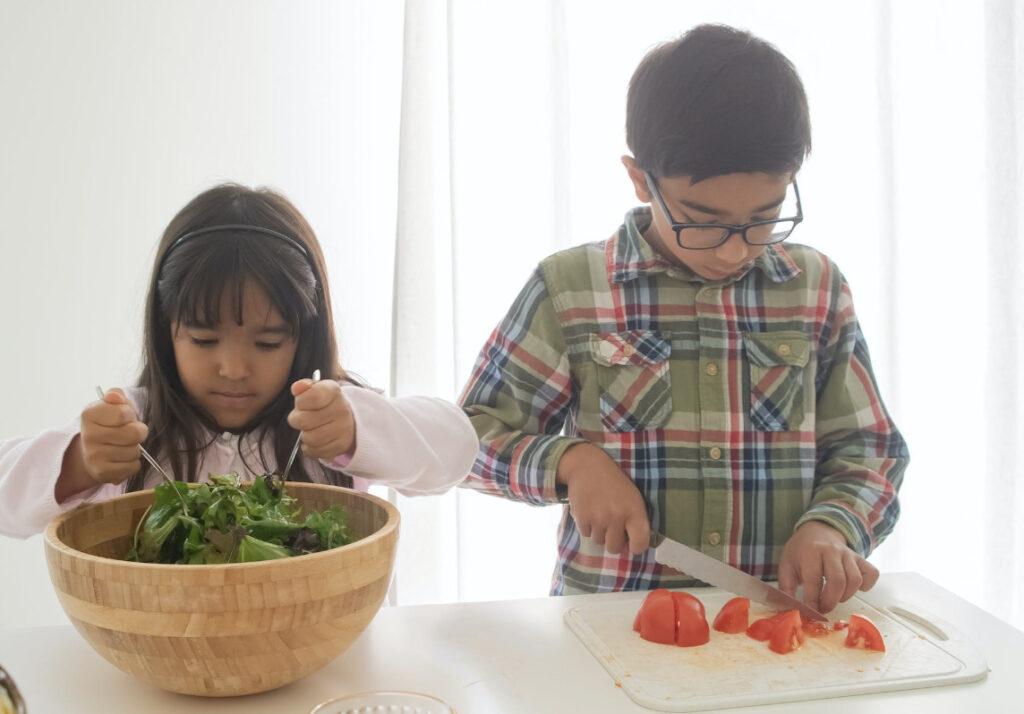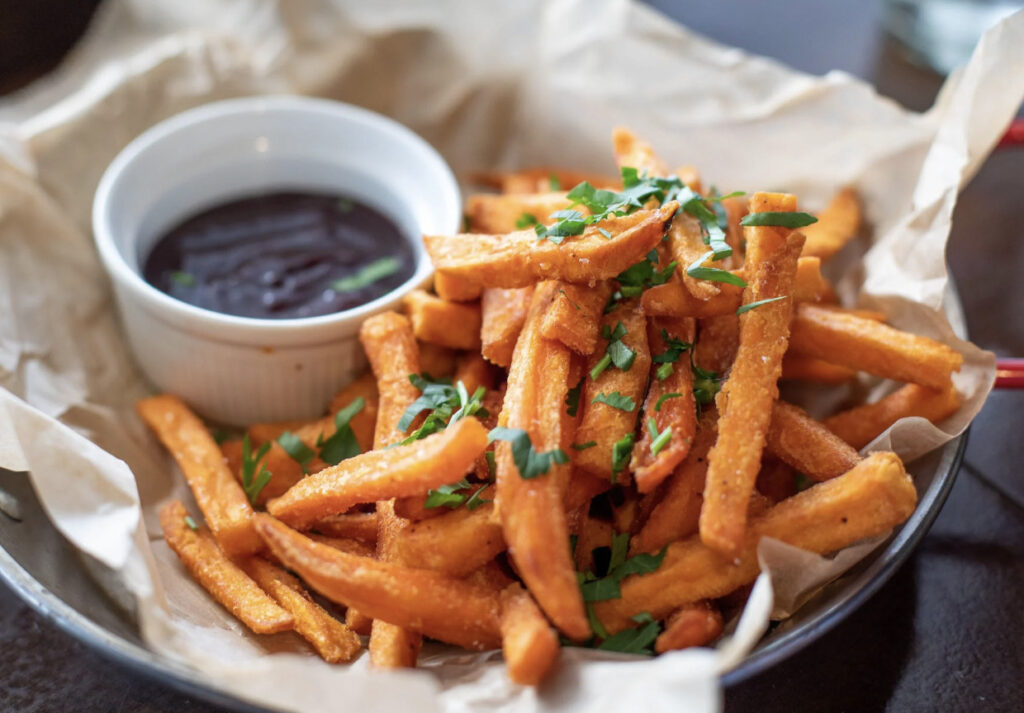While searching for healthy foods and snacks, we rely on packaging to lead our purchasing decisions. Unfortunately, many companies use marketing to skew our perceptions of their products and we get tricked into buying foods that aren’t what they seem. Sometimes foods that we are accustomed to believing are healthy, contain ingredients that change and pollute the nutritional value.
Take yogurt for example. We know that yogurt can provide healthy protein, valuable probiotics and essential calcium. But some yogurt companies kill the live cultures during processing. Others contain so much extra sugar that it causes health problems. Bran muffins are another food that we think is filled with healthy fiber and nutritious ingredients but typically they have a ton of calories and sugar and only a few grams of fiber.

Reading nutrition labels is more important than taking the front of the package at face value.
Here are some foods that you think are healthy that are actually sabotaging your health.
- Fat Free Foods -Unfortunately, foods labeled fat-free, reduced fat and low-fat often contain additives like salt, sugar and chemical fillers that make them less-than healthy.
- Fruit Snacks -Any time “fruit juice concentrate” appears on the ingredient list, translate it to mean sugar. Isolating the sugar from fruit to make processed fruit-flavored gummies is not the same as eating fruit.
- Veggie Snacks – Veggie Sticks and chips can make us feel like we’re making a better choice than potato chips, but Veggie Sticks for example are made from corn flour and potato starch with a dusting of spinach or beet powder for color. It’s not a Veggie if it is in the chip aisle.
- Breakfast Cereals -Honey Nut Cheerios, which is marketed as “heart healthy,” contains 12 grams of added sugar per cup. Eating any cereals with added sugars and refined grains do not promote heart health and in fact, do the opposite.
- Margarine and butter substitutes – these popular spreads used for baking, cooking, and flavoring have unhealthy trans-fats. These fats cannot be processed by your body and increase inflammation, raise the level of bad cholesterol, and damage the walls of your blood vessels.
- Pretzels -Have no fiber, no protein and no healthy fat to keep you satisfied or add health benefits to the calories you’re consuming.
- Energy Bars and Granola Bars – In terms of sugar, calorie and fat content, it matches the nutrition of a standard candy bar – especially the ones that are coated in chocolate. They may sound healthy, with ingredients ranging from brown rice syrup to added fiber, but compare the labels and see for yourself.
- Instant Oatmeal – Can really trick us because the flavored varieties the first ingredient is oats and the second is sugar. And check. your labels for things like “Blueberry flavored pieces” that make them even worse.
- Coffee Creamer – We often think that using only small amounts of this daily won’t add up to much. Plus the word “creamer” makes us think of protein-rich cream, but look out. Coffee creamers are typical industrial products made with too much sugar, unhealthy oils, and chemical additives. Creamers are often heavily processed and harm your health.
The more you read labels and learn about nutrition, the easier it will be to meal plan and choose snacks that will make you feel more energized, focussed and strong. You will sleep better, welcome physical activity and lift brain fog. Our bodies and minds have definitive nutrition requirements to function properly. Start little by little replacing unhealthy foods with smarter choices so you can wean off of chemicals and earn to love more natural foods. If you change all at once, it may be setting you up for failure to set small goals that can give you time to make big changes.
Give your kids the gift of life long heath by serving healthy foods. They will secure a foundation of nutrition and aqcuire a taste for fruits and veggies and foods low in salt, sugar and fats. What foods are you training your kids to love?

Types of sugars to avoid:
- Brown rice syrup
- High fructose corn syrup
- Cane sugar
- Invert sugar
- Glucose
- Dextrose
- Maltose
Do not consume these fats:
- Trans fats
- Hydrogenated oils
- Partially hydrogenated oils
- Lard
- Animal fats from dairy and meats
- Oils from coconuts, palm fruits, or palm kernels.
The good fats are unsaturated fats (monounsaturated and polyunsaturated) and include plant-based oils (olive, peanut, sesame), avocados, fatty fish, nuts and seeds.

Salt and Sodium: Dietary Guidelines for American Adults recommends less than 2,300 mg per day—that’s equal to about only 1 teaspoon of table salt. For kids it is much lower. Keep track of your sodium intake because it adds up fast.
Hopefully you gained some insights that will help you rethink stereotypes about healthy foods, question packaging, and decipher food labels. It may take a little more time, but eating healthy and avoiding “bad” ingredients will add many years to your life. In other words, it’s totally worth it.
Try these nutritional superfoods that taste great and benefit your mind, body and mood.
These are foods that prevent aging that you can add to your healthy diet.
Free Printable Weekly Meal Planning Sheet

